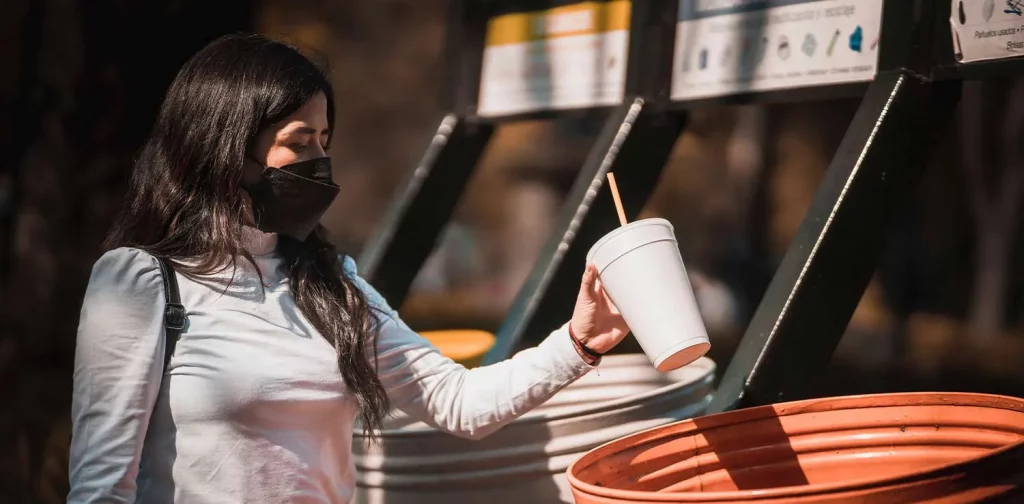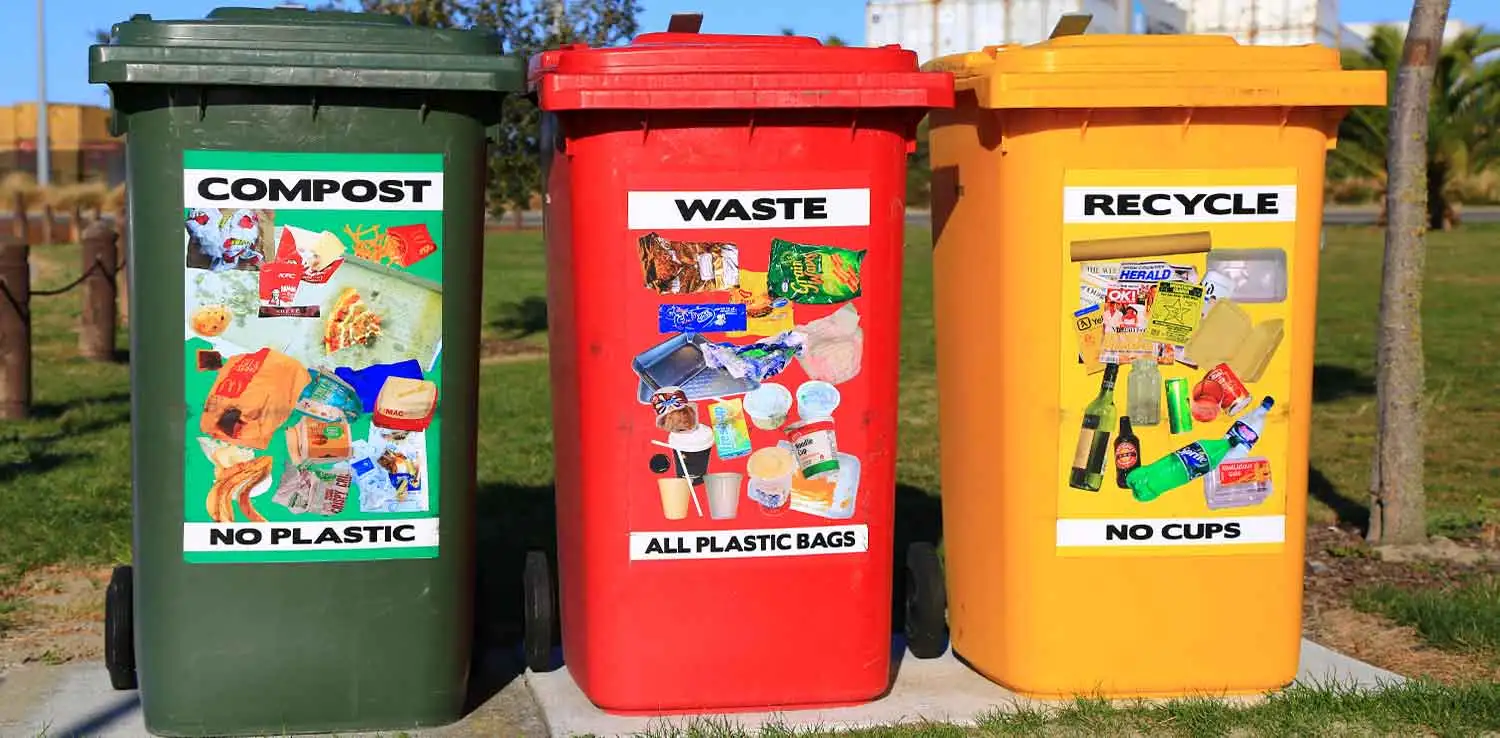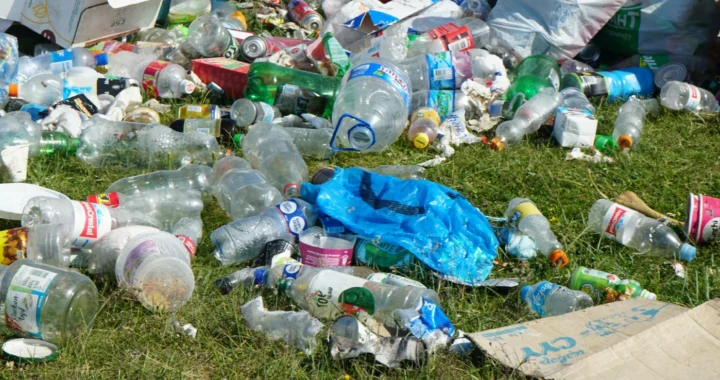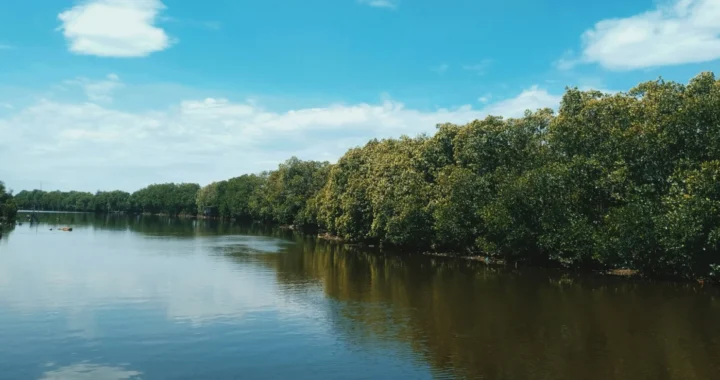Urban Waste Management: How Your City Can Help You Recycle

Photo: Julio Lopez on Unsplash.
The world is getting more crowded. As the urbanization rate continues to grow, so does the volume of waste generated. Therefore, city governments must encourage people to recycle through comprehensive urban waste management systems and strategies.
Humans generate waste every day. From product packaging to scrap papers to broken appliances, we always throw things we no longer use. According to the World Bank, each person generates roughly 0.11 to 4.54 kilograms of waste every day. By 2050, global waste is expected to grow to 3.40 billion tons.
Lack of Recycling
“Reduce, reuse, recycle” is a commonly known phrase nowadays. Though recycling comes last, it’s still essential to urban waste management. Appropriately done, recycling can be the foundation of a circular economy, generate income, and minimize the environmental impacts of human activities.
Unfortunately, recycling remains an elusive process for many. For instance, out of 27 million tons of municipal solid waste generated in 2017, Thailand recycled only 34%. In the same year, Indonesia only recycled 10% of the 6.8 million tons of its total plastic waste.
There’s a long way to go, but there is now a trend and pressure for businesses to reduce waste by using recycled materials. Mainstreaming recycling for individual citizens and customers is extremely important for successful urban waste management.
What Your City Can Do

Due to a lack of public awareness and infrastructure, recycling is not yet a mainstream process in urban communities. There is no one-size-fits-all approach to urban waste management, as the conditions in each city are different. However, here are some ways your city can help you get into a better waste disposal habit:
- Educate, encourage, and normalize community participation
Everyone should know how to sort their waste and recyclables and why it’s important. This education should start at school and at home. Robust campaigns and outreach programs are needed for those out of the system. Incentivization or fining non-compliance may also help. Generally, dignifying the process of discarding waste can boost community participation. Properly sorting your trash and recycling should be a visible, normalized action. If everyone does it, everyone else will do it, too.
- Provide neighborhood-scale collection
Making the process as easy as possible is important and possible through multi-stakeholder coordination. After you sort your own waste at home, local communities or businesses can collect it door-to-door in your neighborhood and bring it to central collection points. Then, the local governments’ crewed trucks can pick it up and bring it to a central processing facility several times a week with a regular schedule. Having separate collectors for recyclable waste to be picked up and brought to recycling facilities is also a viable option.
- Install a system of pneumatic tubes
Pneumatic tubes transport solid objects through tubes using compressed air or by partial vacuum. They can be and have been incorporated into areas where truck access is limited and in mega development projects in Asia and the Middle East. A hybrid approach that combines pneumatic tube networks with garbage trucks at central waste collection points might be most beneficial for some cities.
- Provide easy access to discard trash in public
As a public amenity, city governments should provide enough well-designed garbage and recycling bins at public spaces. Providing waste-specific facilities can help, too, such as communal compost sites for organic waste or ATM-like machines for recyclable plastics. This plan will help discourage littering, encourage recycling, and normalize proper waste disposal in the community.
Proper Urban Waste Management
The homework continues. A functional urban waste management plan includes properly processing the collected waste and recyclables. Biological treatments, incarceration, and landfilling are some ways to process waste.
A 2017 report by UNEP shows that open waste dumping and burning are still prevalent waste processing methods in many ASEAN countries, mainly due to the cheap cost. On the other hand, recycling is still primarily handled by the informal sector due to the governments’ limited capacities in handling the waste streams.
However, between battery recycling in Australia and e-waste management in Singapore, it appears possible for governments to handle nationwide recycling. It starts at your own home, but there’s more to it. Overall, there needs to be active participation and strong multi-stakeholder collaboration from governments, businesses, and communities to mainstream recycling and create good urban waste management.
—
This article is published to celebrate Global Recycling Day on March 18.

Co-create positive impact for people and the planet.
Amidst today’s increasingly complex global challenges, equipping yourself, team, and communities with interdisciplinary and cross-sectoral insights on sustainability-related issues and sustainable development is no longer optional — it is a strategic necessity to stay ahead and stay relevant.


 Unveiling Potential Technological Risks amid Global Crises
Unveiling Potential Technological Risks amid Global Crises  Waste-to-Methanol, a Potential Sustainable Solution for Waste and Energy
Waste-to-Methanol, a Potential Sustainable Solution for Waste and Energy  In Peru, Stingless Bees Are Granted Legal Rights
In Peru, Stingless Bees Are Granted Legal Rights  Looking into the Government Regulation on the Protection and Management of Mangrove Ecosystems in Indonesia
Looking into the Government Regulation on the Protection and Management of Mangrove Ecosystems in Indonesia  Integrating Systemic Renewable Energy Innovations for Energy Transition
Integrating Systemic Renewable Energy Innovations for Energy Transition  Nepal’s Five-Year Strategy to Clean Up the Mounting Waste in Mount Everest
Nepal’s Five-Year Strategy to Clean Up the Mounting Waste in Mount Everest